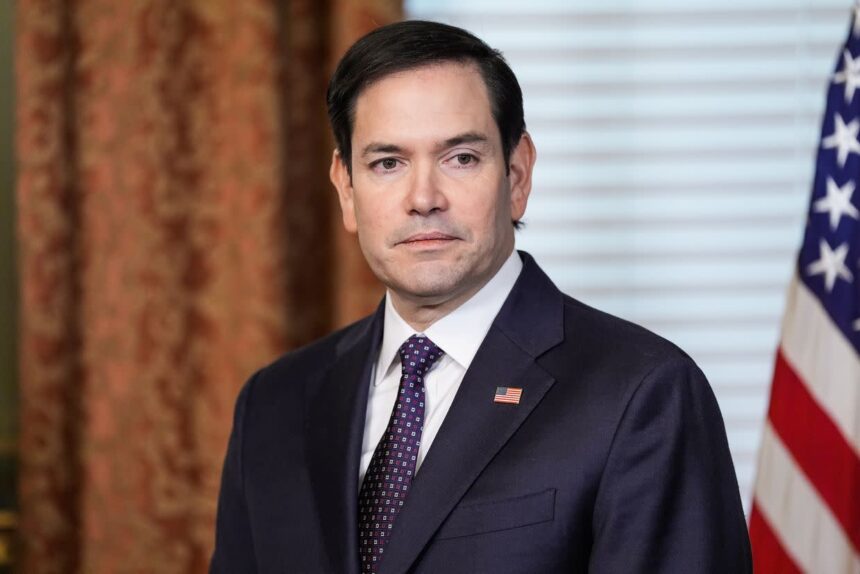On Friday, April 18, 2025, the US Secretary of State Marco Rubio suggested that if the war in Ukraine can’t be ended, the U.S. may need to brace itself and ‘move on.’ After billions in aid, years of pledges, and a conflict that’s rewritten Europe’s security landscape, Rubio’s saying it might be time to close the chapter.
Speaking in Paris after a marathon day of landmark talks among U.S., Ukrainian, and European officials, Rubio said the discussions had been positive and produced an outline for steps toward peace.
After the meeting, Rubio said, “We’re not going to continue with this endeavor for weeks and months on end. So we need to determine very quickly now, and I’m talking about a matter of days, whether or not this is doable in the next few weeks.”
He added that, “If it’s not possible, if we’re so far apart that this is not going to happen, then I think the president is probably at a point where he’s going to say, ‘Well, we’re done.'”
Since tensions in the region escalated, the West, led by the U.S., has funneled weapons, intelligence, and financial assistance into Ukraine, hoping to turn the tide.
And yet, as the years roll on, some American voices, including Rubio, are openly questioning the long-term feasibility of the U.S.’s commitment.
This isn’t the first time America has debated how deeply it should entangle itself in foreign conflicts. Vietnam, Afghanistan, Iraq—the list goes on. Are we witnessing the early whispers of Ukraine slipping into that same category of “forever war”?
Rubio’s statement throws fuel on an already simmering debate. Is this realism talking? Is it exhaustion? Or is it Washington playing a dangerous game of selective interventionism?
Abandoning Ukraine now could embolden authoritarian regimes worldwide, signaling that America’s promises only last as long as public patience does. If the U.S. does ‘move on’—what happens next?















